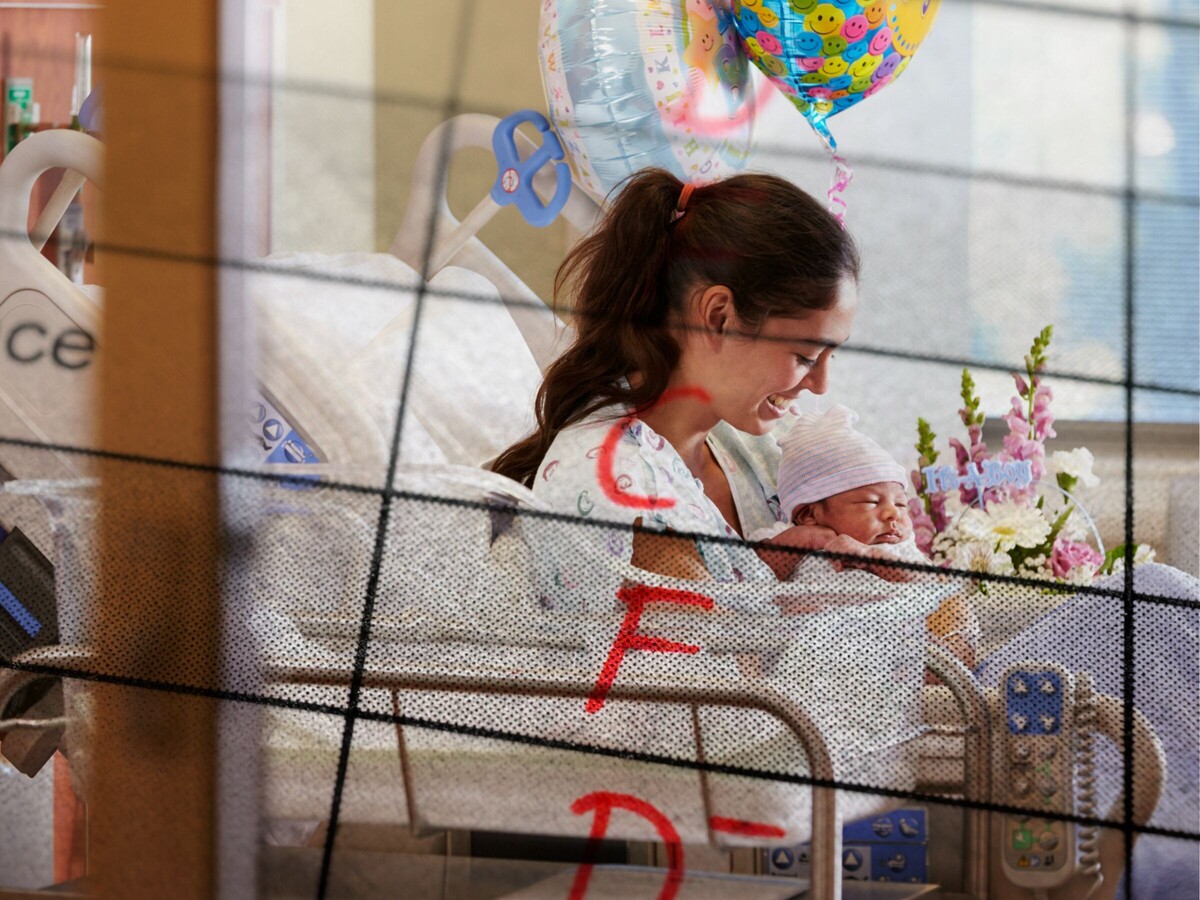NJ Department of Health Releases Annual Hospital Maternity Care Report Card: Showcases Drop in Cesarean Delivery Rates and Reveals Impact of COVID-19
The report emphasizes the need for continuing efforts to reduce racial disparities and improve maternal health outcomes in New Jersey.
The New Jersey Department of Health (NJDOH) recently published its annual New Jersey Hospital Maternity Care Report Card.
The report card underscores ongoing efforts to enhance maternal health outcomes and curtail racial disparities, with data showing a continuing decline in cesarean delivery rates for all delivery hospitalizations.
NJDOH compiles this comprehensive report annually using data from licensed birthing general acute care hospitals across the state.
The report card elucidates key indicators related to maternal health care in 2020, allowing individuals to make informed comparisons. It provides interactive data on hospital-specific and statewide surgical births, complication rates, and severe maternal birth complications.
The report card's release aligns with the objectives set forth in the Nurture NJ Maternal and Infant Health Strategic Plan, initiated in 2021.
"It is promising to see the cesarean delivery rate for mothers in our state improve, and we hope this is an indicator of overall improvement in our maternal health outcomes,” said First Lady Tammy Murphy.
In 2020, New Jersey's cesarean birth rate among low-risk mothers was close to the U.S. Department of Health and Human Services Healthy People 2030 national target of 23.6 per 100 live births, registering 25.9 per 100 live births. Cesarean delivery rates have been falling steadily, reaching 32.9% of all delivery hospitalizations in 2020, a slight decrease of 1% from 2019. The first New Jersey Report Card of Hospital Maternity Care showed cesarean delivery rates at 35.7%.
Despite these positive trends, cesarean deliveries still carry higher complication rates compared to vaginal deliveries. Rates of complications like obstetric hemorrhage and Severe Maternal Morbidity (SMM) with transfusion were significantly higher for cesarean versus vaginal deliveries.
Alarmingly, the report card also highlights persistent disparities among Black and Hispanic mothers in New Jersey. Non-Hispanic Black mothers had the highest rates of obstetric hemorrhage and SMM with transfusion.
The impact of the COVID-19 pandemic on maternal health was another focus of the 2020 report card. It found that 3.8% of delivering mothers in 2020 had experienced COVID-19 infections during their pregnancy. Over half (60.1%) of those mothers were COVID-19 positive at the time of delivery.
The report emphasizes the need for further research to understand the mechanisms contributing to obstetric hemorrhage, third- and fourth-degree perineal lacerations during vaginal births, post-admission infection, and SMM.
The Murphy Administration has demonstrated its commitment to improving maternal health outcomes through Nurture NJ. This initiative includes legislation focusing on family planning, Medicaid, health equity, substance use disorder, and data innovation, aiming to cut the state's maternal mortality by 50% over five years and eliminate racial disparities in birth outcomes.
The recently released report card is part of the larger New Jersey Maternal Data Center (NJMDC) under the NJDOH. The NJMDC aims to provide timely, transparent data on the state of maternal health to drive improvements in maternal health outcomes.
For more information on the annual New Jersey Hospital Maternity Care Report Card and the Nurture NJ Maternal and Infant Health Strategic Plan, visit the official websites at https://nj.gov/health/maternal/morbidity/mhh_reportcard and NurtureNJ.nj.gov.















